What does Mark Zuckerberg, founder of Meta, billionaire and current Trump fluffer have in common with a Year 10 – age fifteen or so – boy? Strangely quite a lot. They all share the same currently super popular hairstyle, what I call the alpaca perm, which is a kind of curly mop on top, that lots are actually getting via a perm – once a hairstyle requested by only older ladies. They both have an anxious need to be liked and admired – a perfectly reasonable human need but one slightly less sympathetic in one of the richest and most powerful men in the world. And they both will have seen probably many times, a film that’s over twenty-five years old now called, Fight Club.
Fight Club came out more than a decade before current Year 10 boys were even born in 1999 – a seminal year for film releases that were remarkably prescient about the future (see also: The Matrix, Girl Interrupted and Office Space) and for those we haven’t seen the film or read the book by Chuck Palahniuk, it’s (spoiler alert) about an unnamed, depressed Narrator who throws off the shackles of his dreary, capitalist office job when he meets charismatic and sexy Tyler Durden. They first beat each other up in the parking lot of a bar which leads Narrator to move into Durden’s dilapidated and unplumbed house on the outskirts of town where they start an underground boxing club for men which explodes in countercultural popularity leading to the establishment of Project Mayhem, which is focused on literally blowing up the world, one evil corporation at a time. Narrator has a relationship of sorts with woman, Marla Singer, who he met at a self-help group who’s sort of incidental to the plot because she’s a woman. It also turns out Narrator was Tyler Durden all along, Durden being his cool and free Alpha, to the Narrator’s repressed and oppressed Beta, and it ends with Project Mayhem kind of working and the world burning.
The film and to a lesser extent, the book, have a rightful enduring popularity, both being entertaining with something genuinely interesting to say, though I think the ‘interesting’ in modern sensibility has been a little misunderstood, because modern audiences – particularly young guys – often take the film as an endorsement of the very kind of masculinity Palahniuk was actually satirising.
So, how does the film connect Zuckerberg and current teenage boys? Firstly, if you go into a school and show an image of Fight Club to boys, you get an instant crackle of recognition and appreciation and often the quietest of boys have something they want to say about it, and this corresponds to Zuckerberg’s recent slightly toe-curling comments about ‘masculine energy’ and the joy he gets out of ‘beating’ his male buddies – a sentiment straight out of Fight Club’s lore that a man can’t really be a man until he’s been in a fight.
But this is where things get interesting. One would assume that the enduring appeal of Fight Club across now four generations and the young male interest in influencers into MMA, the obsessive playing of military and combat style games and Jake Paul’s evolution from squitty prankster to beefy fighter, would be electrifyingboth IRL boxing clubs and the real-life military, where young men can hone these interests into actual real-life experiences and careers. But they’re not.
I recently attended an after-dinner speech with Jason Fox, or ‘Foxy’ as he’s often known, a former Royal Marine Commando and UK Special Forces soldier, and I asked him if this current cultural obsession with combat and conflict was translating into swelling numbers in the armed forces – and exactly the opposite is happening. Current young men signing up to be in any kind of armed force is the lowest it’s been in decades, and they are having to spend millions in marketing the Army, Navy and Special Forces to a generation who love to watch combat online or in films but seem less enthusiastic about partaking for real. Ditto, lots of people run boxing clubs say they often struggle to get young guys to put down the controller and strap on the boxing gloves.
Which brings us back to the enduring appeal of Fight Club and what we might have missed. For over two decades, the assumption has been that Fight Club tapped into the male obsession with violence, but I think exactly the opposite is true, particularly in the context of Gen A and Gen Z. What I think Fight Club was far more prophetic about was the coming epidemic of male loneliness and male anxiety about looks and body. Like lots of popular more female-oriented TV shows and films that came out around 1999 and since (see: Sex and the City, Friends and Gossip Girl) which were female friendship fantasies, Fight Club presents a fantasy about male friendship: ride-or-die bros all living together, slugging it out together, but are also there for each other in a world that (according to Tyler Durden) hates and scorns them. At a time when male loneliness is at epidemic levels, lots of men of all ages feels isolated, unseen and usurped by women, and male mental health is cratering, of course Fight Club looks ace and deeply appealing.
Similarly, to this day, personal trainers most requested body by young guys (and older guys) is ‘Brad Pitt in Fight Club’ and it’s obvious why. Pitt as Tyler Durden, a character who smoked, drank, swore, had fights, made soap with rich women’s fat, philosophised and still found the type to chisel out a rock-hard, zero-fat body, embodies a kind of louche, effortless masculinity that massively appeals to younger generations who have been conditioned to worry about their bodies, identity and social capital just as much as young woman have for decades. We are now in an epidemic of not male vanity, because that undermines its seriousness, but male physical anxiety, and Pitt/Durden represents the antithesis to that – someone who doesn’t care and as a result is worshipped by all he encounters and looks like he was carved out of stone. Tell me that Andrew Tate isn’t the Temu Tyler Durden…
All of this tells us, we need to stop focussing on the young, male interest in violence and start taking more seriously young male loneliness and anxiety. The young male obsession with watching violence and following bros from Tyler Durden to Jake and Logan Paul, I suspect is more about the camaraderie and the honing of mind and body they like to watch but often to don’t get to participate in.
If you have or are a Gen A or Gen Z young man, rather than discourage these fascinations, encourage them to become active rather than passive ones. Join a boxing club, martial arts club, go and check out your Army Cadets or Scouts or any group that encourages fun, fitness and friendship in the real world. We are by design social creatures who need camaraderie and friendship – and this includes young guys – and I suspect if Mark Zuckerberg had had more of that in his formative years, we might have all been saved from what looks very much like, despite all his riches and success, a rather lonely and unhappy man.

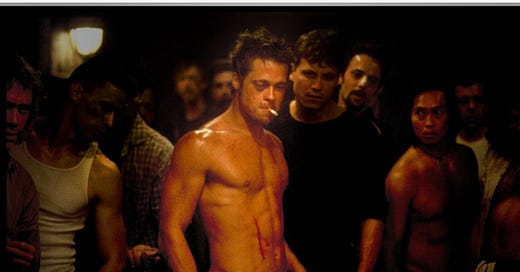



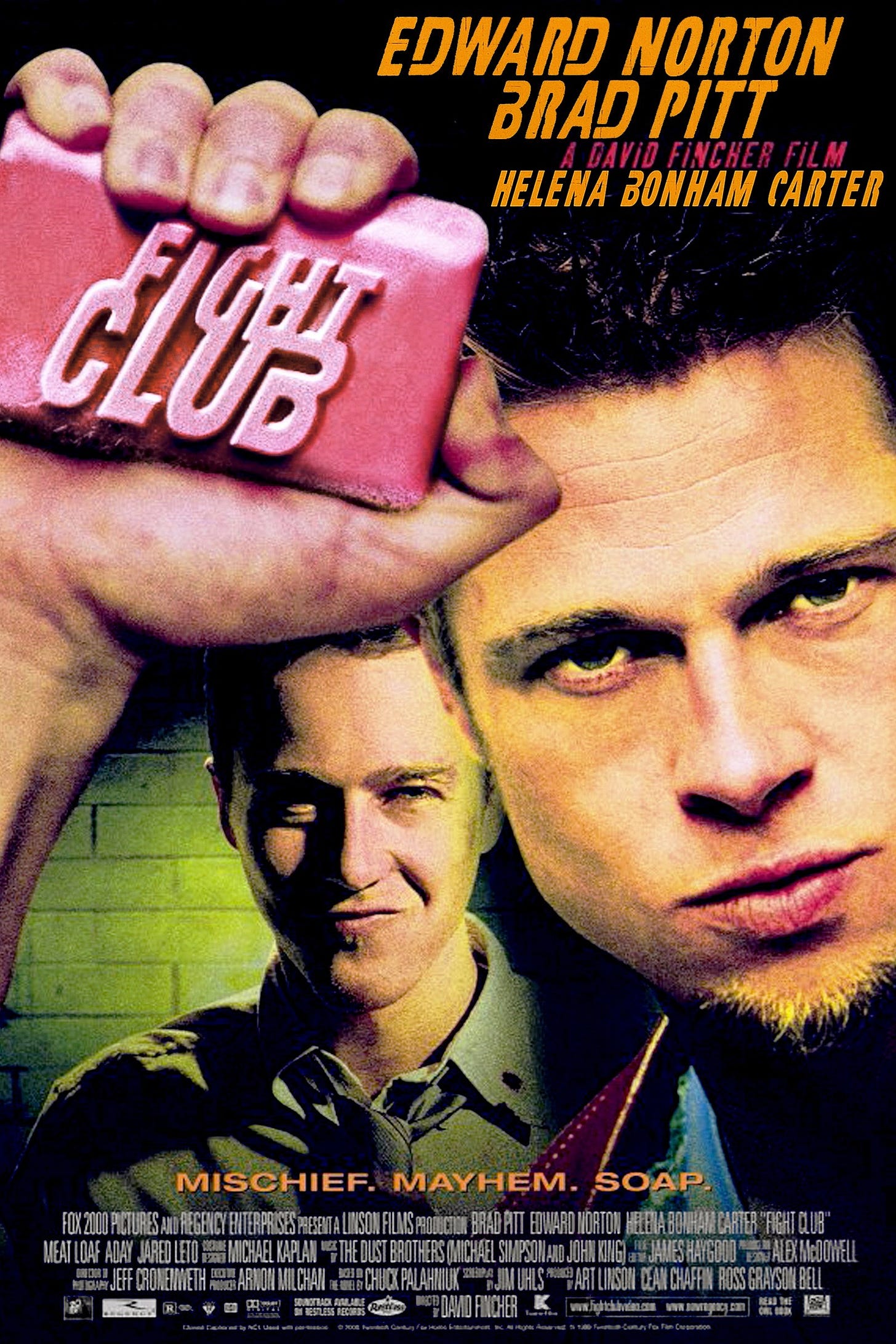

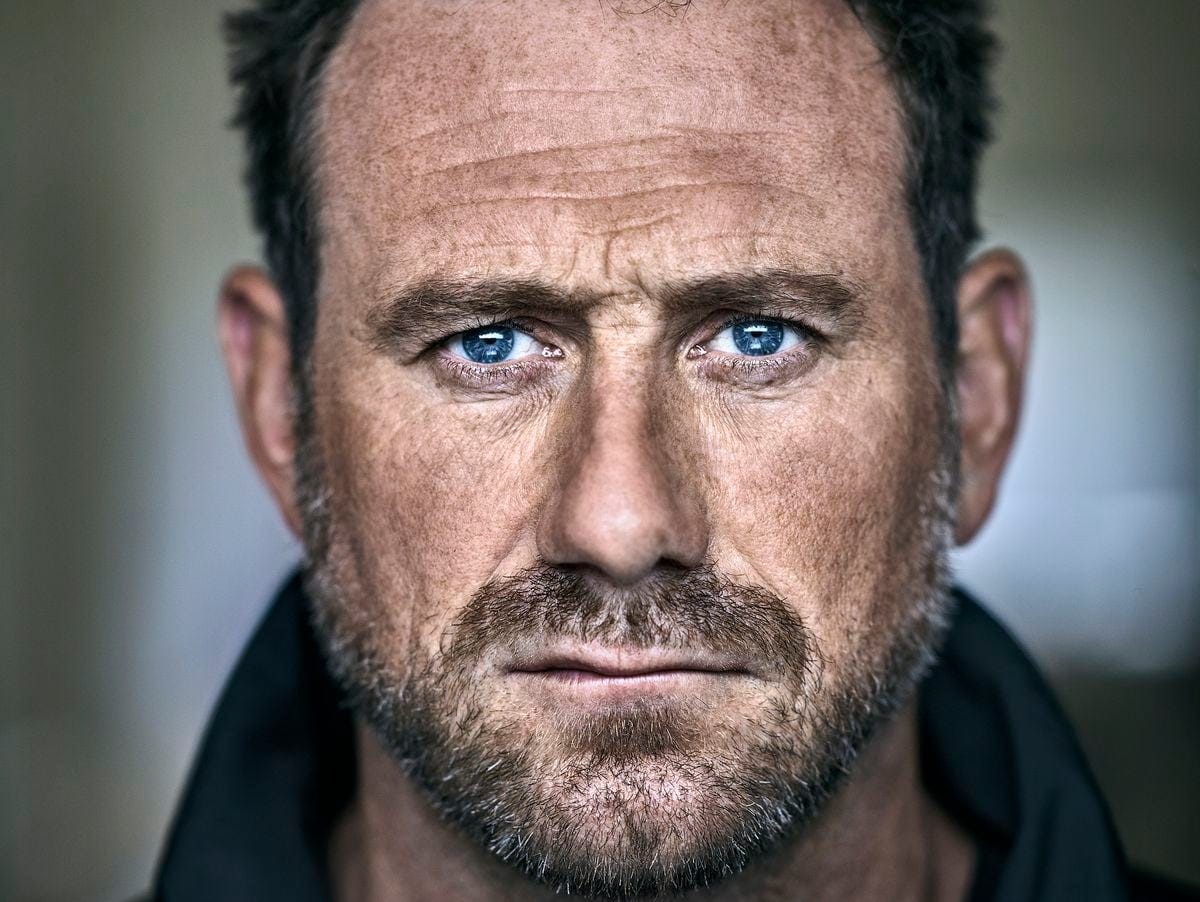
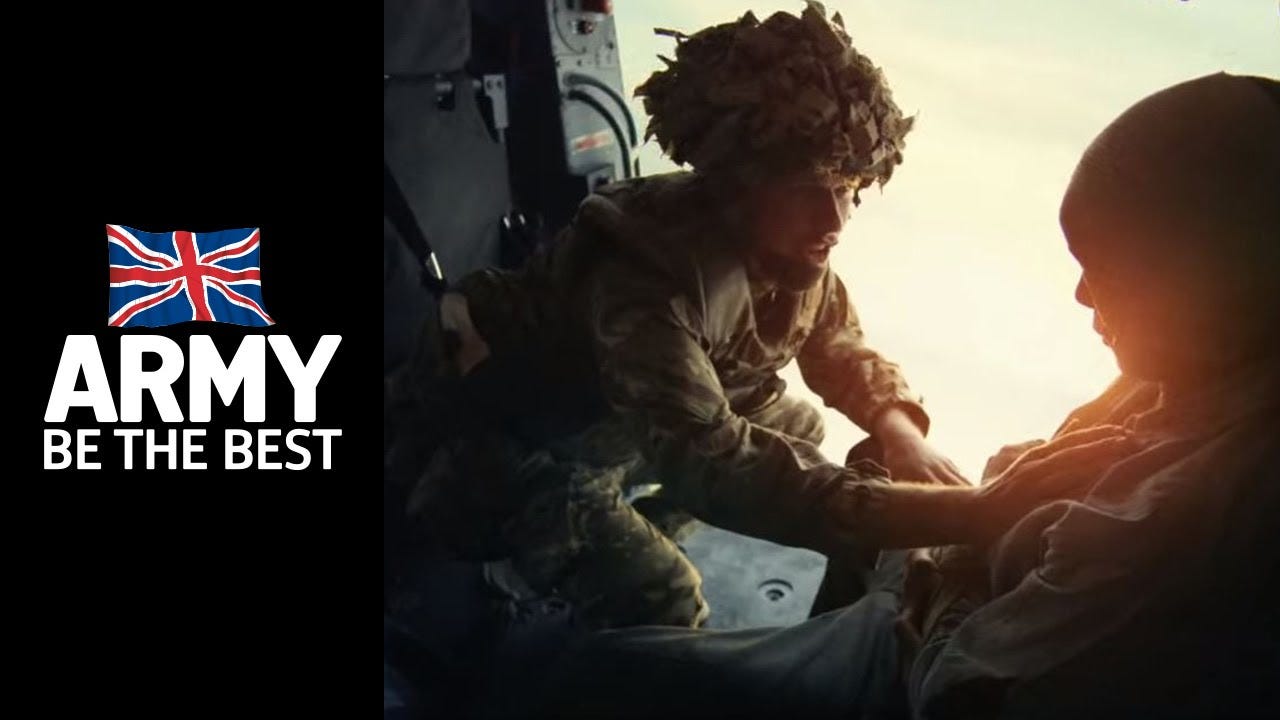
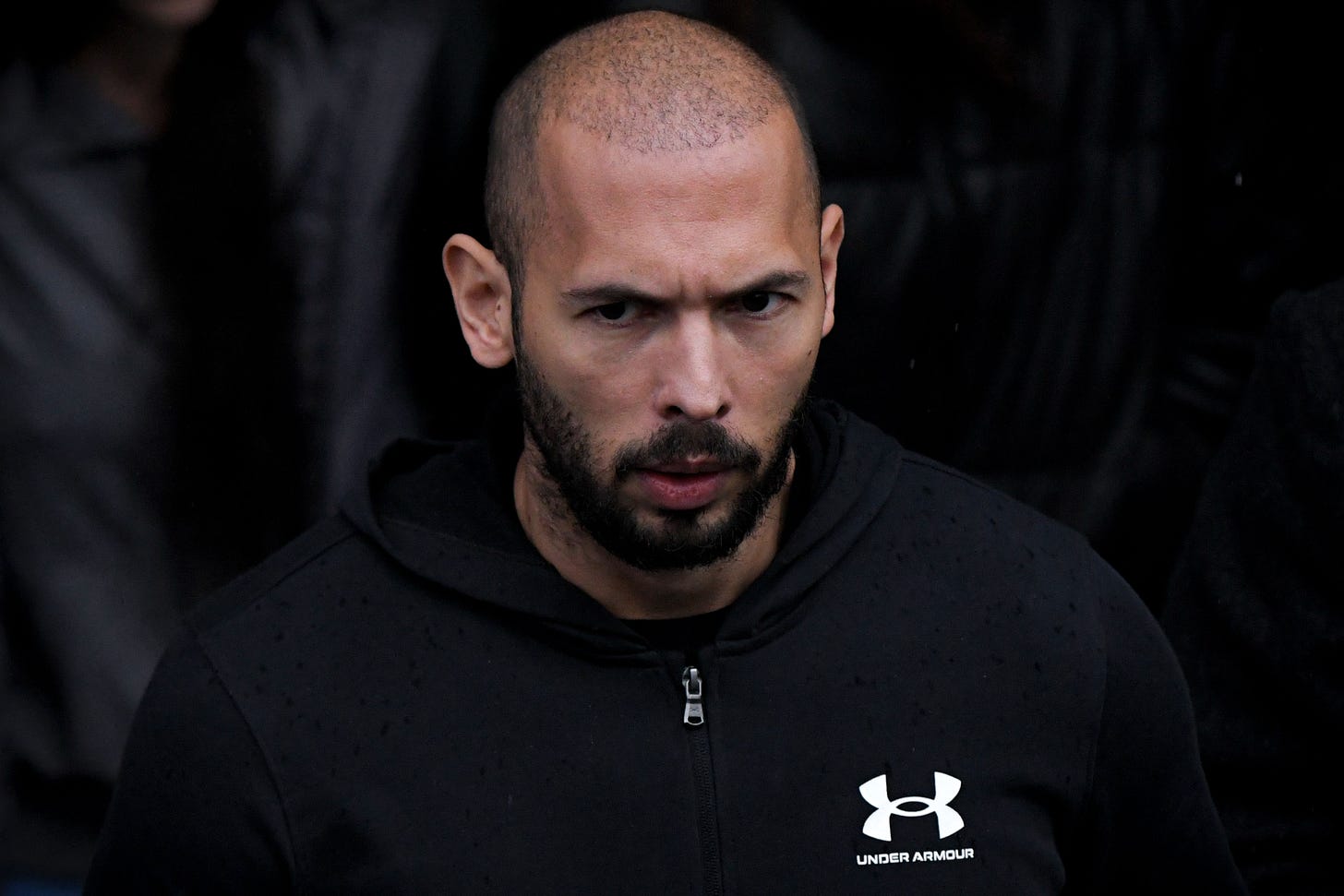
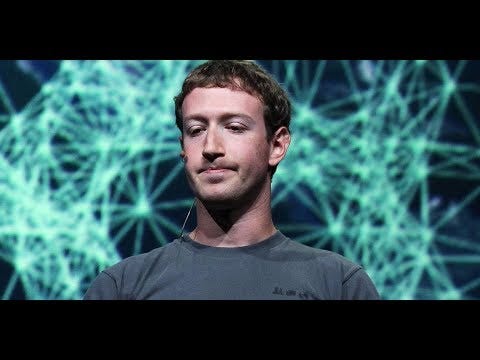
I’d just like to applaud you for the line about Andrew Tate being the Temu Tyler Durdan, as well as for a very interesting article - might have to go revisit Fight Club as suggested. Also question - you don’t think Friends is also a show for men about male friendships?